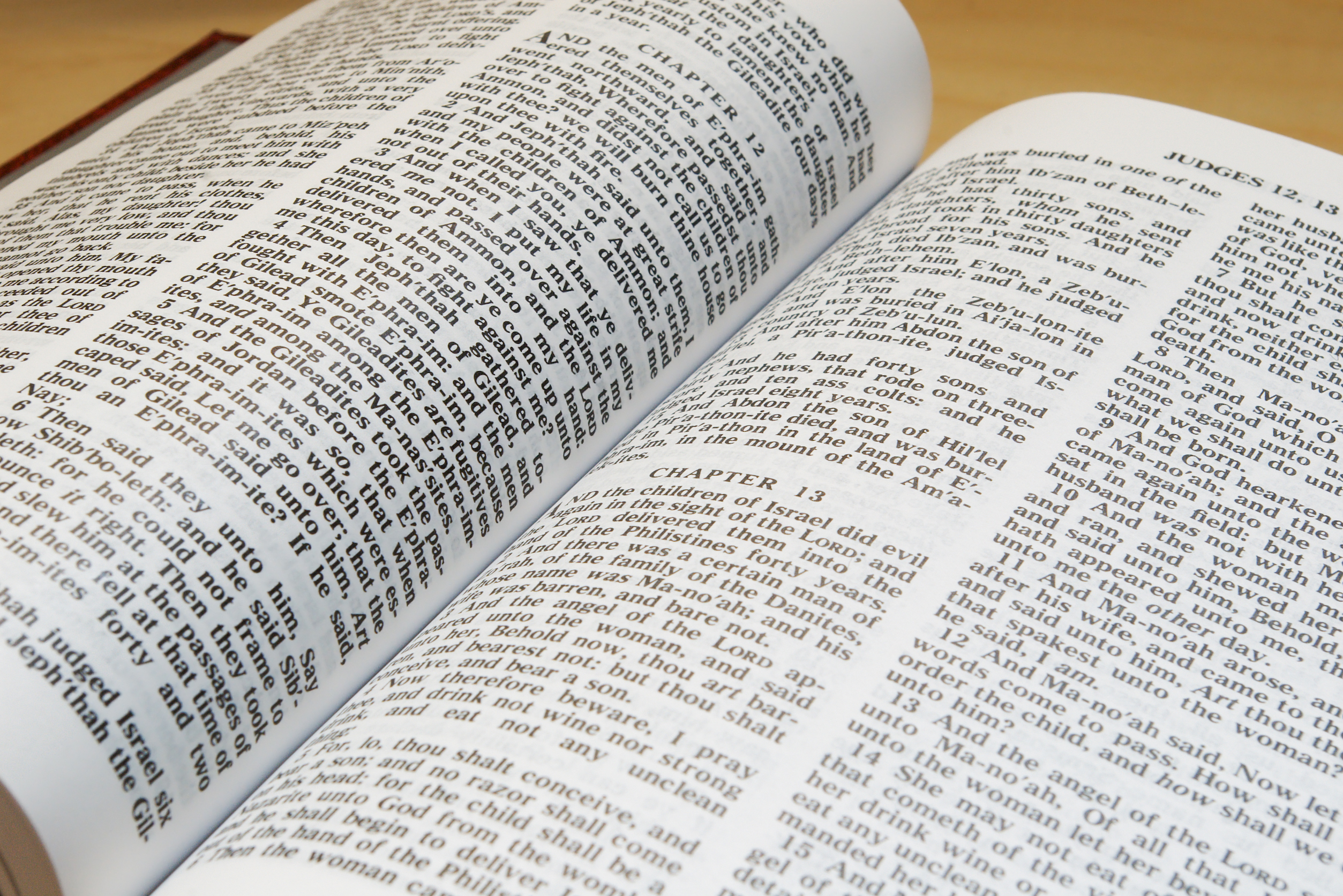
Setting up a routine and structure for each week's Sunday School is important because it helps keep your classroom peaceful and it helps the kids feel comfortable and safe. However, the lesson - what you are teaching these student about God - is the most important part.
The Bible lessons on this website were created prayerfully and carefully to make sure they were accurately portraying God and His Word. However, as a teacher, it is essential that you are spending time in His Word and in prayer regularly as well so that you teach accurately. James 3:1 warns, "Not many of you should become teachers, my brothers, for you know that we who teach will be judged with greater strictness."
Use these lessons to help you as you teach, but they should not be a substitute for spending time in the Word and thinking about what God's Word says before teaching it. Rely on your Bible and the Holy Spirit as you teach, not on these lessons.
Below, I've outlined everything I've included in the lessons and explained each section.
What is Included in Each Bible Lesson
- Suggested Teacher Prep: This section includes suggested Bible readings, things to pray about, and questions for the teacher to think about before you teach the lesson.
- A Space for You to Think About Other Parts of Your Schedule: This section leaves room for you to think about the other parts of your schedule that are discussed on the "Getting Started" page so that you can have a plan for everything. This includes arrival, praying, setting expectations, worship, and Scripture memory time.
- A Quick Review: This section helps you do a quick review of what students have been studying in the past to refresh their memories.
- Main Truth: This is the main point of the lesson, the truth about God and His Word that the lesson is geared around. After reviewing, begin the lesson by telling the children the main truth - what they will be learning about this week.
- A Reminder That God's Word Is True: Each week the lesson will begin by reminding students that the story that they are about to read in the Bible is true. It really happened and is from God, so it can be trusted. The use of the word "story" can be confusing to students, as stories are usually fiction. Children should be reminded regularly that the stories in the Bible are NOT fiction, but they are true. You can also use this time to explain that God's Word should be treated with respect and with reverence since it is the words of God.
- At Least One Bible Passage to Read Together: Every week there will be Scripture to read. The age group and maturity of your students will guide how you handle this section. You could have different student volunteers read the Scripture to the class or you could read it aloud to your students. If possible, take the time to have each of the kids find the Scripture in their own Bibles even if they are not going to read it. If this takes too much time, you could start by having everybody find the correct book of the Bible, but not the actual chapter and verse.
- Questions to Ask about the Bible Passage: This section will give you some suggested questions to ask kids to make sure they understand what the Bible said. If needed, this section will also give you some additional background information or context that will be helpful for you to share with students.
- Movement Activity: Each lesson will include some sort of activity that allows students to get up and move or talk to each other while also helping them better understand the Scripture they just read. Suggested "rules" and ways of managing your kids during this activity will also be included if necessary.
- Connection to Jesus or the Gospel: These kids need to constantly hear the gospel, so each lesson will have a question or a Scripture to discuss so that students understand how it relates to Jesus or the Gospel.
- Application Journal Writing/Drawing: Each week there will be a question for students to answer either through writing or drawing to get them thinking about how the Scripture applies to them. This will be a printable page that you can give students each week. You could put all of these in a folder for each student so that they have a collection of journal writings to take home at the end of the year, or you could send it home each week.
- Ending the Lesson in Prayer: Each lesson will include a reminder to pray at the end of the lesson and some suggestions on what you can pray for in light of the lesson that was just taught.
- Dismissal Activities as You Wait for Parents: This section leaves space for you to think about what you want students to do as they wait for parents to be picked up. Some weeks there will be reusable Scripture Memory games or review games that could be used as you wait. You can find other dismissal activity ideas here.
The lessons are a rough outline to help you each week as you plan. Adjust the lessons as necessary based on your own kids, schedule, and time constraints.
Leave a Reply